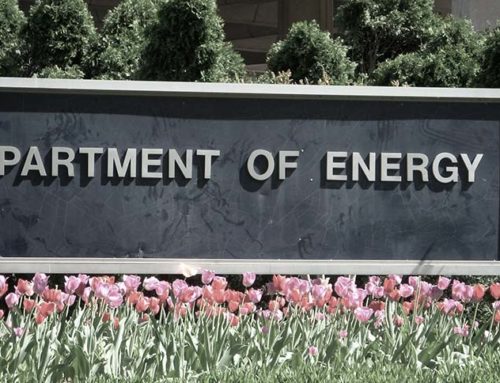Now that the sale of American weapons to foreign governments is in the news again, we’re reminded of the billions of dollars taxpayers spend developing these weapons each year—and the billions we should be getting back on our investment.
One number that floats to the top of current news reports about the unrest in Egypt is the more than $1.3 billion worth of military equipment we sell that country each year. That equipment is sold under the Defense Department’s Foreign Military Sales program , created in the 1976 Arms Export Control Act. The law stipulates that we loan Egypt money to purchase military equipment, but Egypt has to buy it from U.S. military manufacturers.
These deals mean big money for the U.S. defense industry : America sold more than $68 billion worth of arms to developing countries between 2006 and 2009, according to a recent Congressional Research Service report . But taxpayers also spent big money developing those weapons in the first place. DOD spends tens of billions of public funds annually on weapons research and development: The budget request for FY2010 topped $78 billion.
U.S. law requires that a “recoupment” fee be factored into foreign weapons sales contracts to compensate taxpayers for their investment. Though the State Department decides who gets military aid and how much, the Foreign Military Sales program is administered by the Defense Security Cooperation Agency (DSCA), and the actual contracts managed by each of the military services. DSCA calculates the size of the fee depending on the value and type of weapons delivered, generally around 4%. The money is supposed to go back into the U.S. Treasury as general revenue to help pay off our debt.
In spite of the billions in taxpayer dollars they’ve received for research and development, the U.S. defense industry has long fought these fees. A similar fee on “direct commercial” sales, or sales negotiated directly between companies and foreign governments, was repealed by President George H.W. Bush in 1992. The recoupment fee on foreign military sales came under attack in 1995 when former Representative William Clinger (R-PA) added an amendment to the Federal Acquisition Reform Act that would have rolled the fee back. The increase in exports many defense companies hope will offset a feared U.S. military budget drawdown (we’ll believe that when we see it) may renew efforts to eliminate the fee.
Unfortunately, history indicates taxpayers may not be getting their full due. Over the years, government watchdogs have repeatedly documented DOD’s propensity to let foreign customers slide on payment. For example, the Government Accountability Office found in a 1999 report that the military failed to collect payments from Taiwan, Korea and Japan for sales of F-16 fighter jets and attack helicopters—the same kinds of items we’re exporting to Egypt today.
Recent collection figures on recoupment fees are hard to come by because no member of Congress has requested them of late. Judging by the size of our debt and the number of proposals currently being floated to reduce it, now is a good time to do so. Congress should immediately request another audit on collecting recoupment fees.
Reducing spending isn’t the only step we should take towards fiscal responsibility: taxpayers also need to claim the money they’re owed.
TCS Wastebasket Quote of the Week:
“We’ve got to have a comprehensive package. There is no silver bullet. Fixing Social Security will not do it. Raising taxes won’t do it. Spending cuts won’t do it. You have to have all of the above. It’s going to take every leg of the stool being on the table for debate.”
Sen. Saxby Chambliss (R-Ga.) on the need for everything to be on the table when it comes to deficit and debt reduction. Politico










